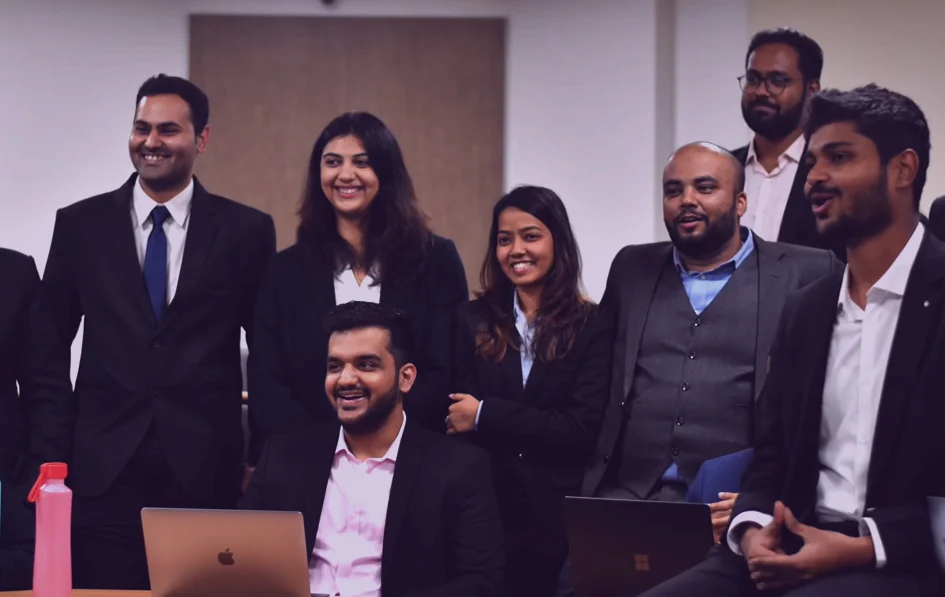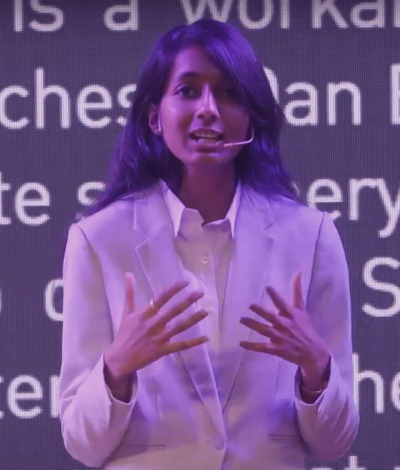- Life@SPJIMR
- Placements
- Alumni
- Newsroom
- Careers@SPJIMR
- Contact Us
- Explore Programmes
- Post Graduate
- Full-Time
- Part-Time
- Post Graduate Executive Management Programme (PGEMP)
- Post Graduate Programme in Development Management (PGPDM)
- Post Graduate Programme in General Management (PGPGM)
- Post Graduate Programme in Marketing & Business Management (PGP-MBM)
- Post Graduate Executive Programme in FinTech, AI/ML, Data Science & Blockchain (PGEPF)
- Modular
- Online
- Post Graduate Diploma in Management – Online (PGDM Online)
- Doctoral
- Fellow Programme in Management (FPM)
- Executive Education
- Open Management Development Programmes
- Custom Management Development Programmes
- Post Graduate Executive Management Programme (PGEMP)
- Post Graduate Programme in General Management (PGPGM)
- Post Graduate Programme in Marketing & Business Management (PGP-MBM)
- Entrepreneurship
- Start Your Business (SYB)
- Graduate Certificate Programme in Entrepreneurship (GCPE)
- FinNovate Accelerator
- Post Graduate
Find the programme that meets your requirements and aspirations.
Apply Now-
 Application Deadline
Application Deadline
Closed -
 Duration
Duration
2 Years -
 Programme Starts
Programme Starts
June 2024 -
 Download Brochure
Download Brochure
About Post Graduate Diploma in Management (PGDM)
SPJIMR’s Post Graduate Diploma in Management (PGDM) is a two-year, full-time residential programme equivalent to an MBA. PGDM is approved by AICTE, accredited by NBA and AMBA, UK and consistently rates among India’s top 10 management programmes. Financial Times Masters in Management (FT MiM) ranks SPJIMR #1 in India and #40 globally for Post-Graduate Diploma in Management (PGDM), and its careers service is ranked amongst the top two in India and eighth globally. The programme offers a holistic approach to leadership development with its innovative blend of classroom learning and thoughtfully curated immersive experiences. SPJIMR’s distinguished faculty of accomplished academicians and practitioners constantly incorporate practice-focus contemporary innovation in the programme design to accelerate the participant’s leadership development.
Objective
Competency GoalsPGDM aims to develop socially sensitive leaders with a global mindset to help achieve SPJIMR’s mission to influence managerial practice and promote value-based growth by advancing wise innovation with a specific focus on the following competencies:
Students will be:
- Responsible and socially sensitive leaders
- Capable of managing in a global environment
- Proficient in functional and cross-functional business areas
- Able to make reasoned decisions
- Innovative leaders
Key highlights
Rankings
SPJIMR is recognised by Financial Times Masters in Management (FT MiM) Rankings 2023 as the top B-school in India. FT MiM ranks SPJIMR’s PGDM amongst top two management programmes in India for its Careers service (ranked 8th globally). PGDM consistently ranks amongst the top 10 management programmes in the country.
Location
SPJIMR is located in the heart of Mumbai, the financial and cultural hub of India. This enables a high-quality industry integration and offers an immersive learning experience with maximum exposure to the city’s dynamic commercial and economic activity.
Placements
PGDM has a consistent record of placing 100% of its batch for over two decades. The final placement this year marked a return to an offline placement process. The entire placement exercise was conducted in a hybrid mode, with most recruiters visiting the campus in person. The average annual salary (cost-to-company) this year stands at INR 33.02 lakhs per annum. The median salary came in at INR 32.89 lakhs per annum, marking a jump of around 9% over the reported number last year, with over 70% of the batch securing offers above INR 30 lakhs per annum and over 92% in excess of INR 25 lakhs per annum.
Innovative Pedagogy
PGDM offers an innovative blend of classroom learnings, thoughtfully curated immersive experiences, live projects, industry engagements and simulations, amongst other things to develop a wisdom mindset of intellectual humility, reflection, contextualisation, compassion, and responsible action in its participants and accelerate their leadership development.
Batch profile
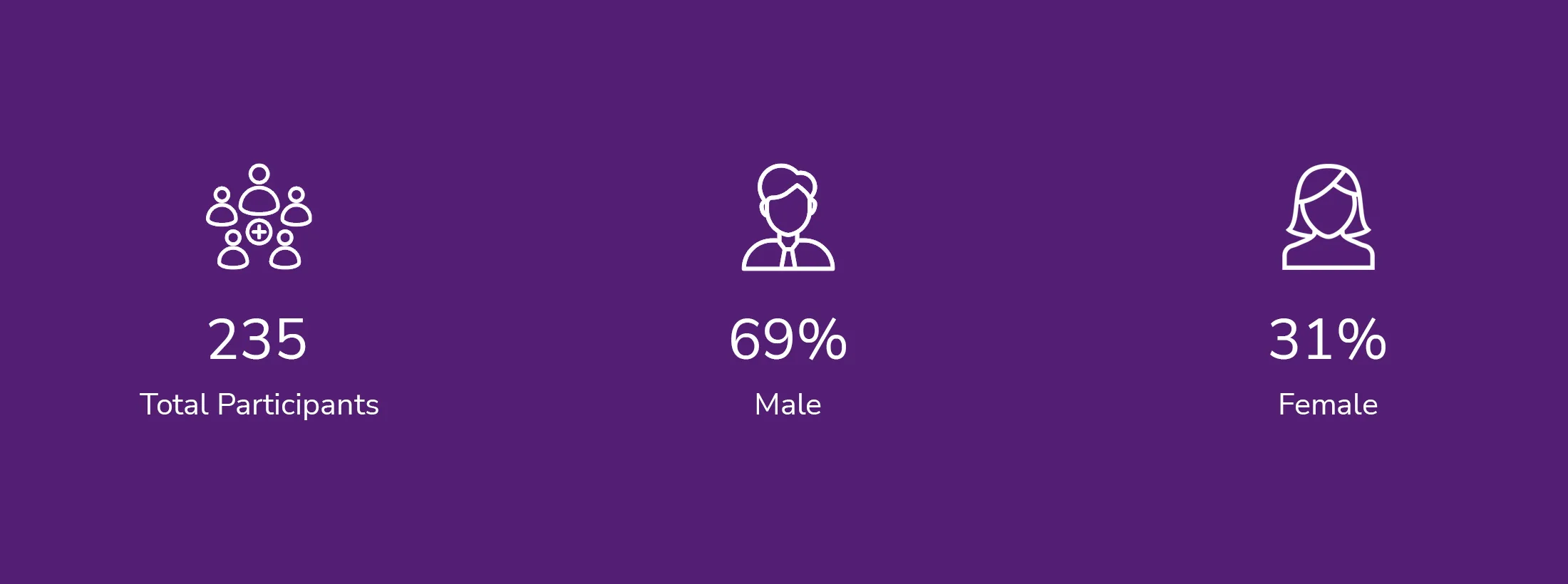
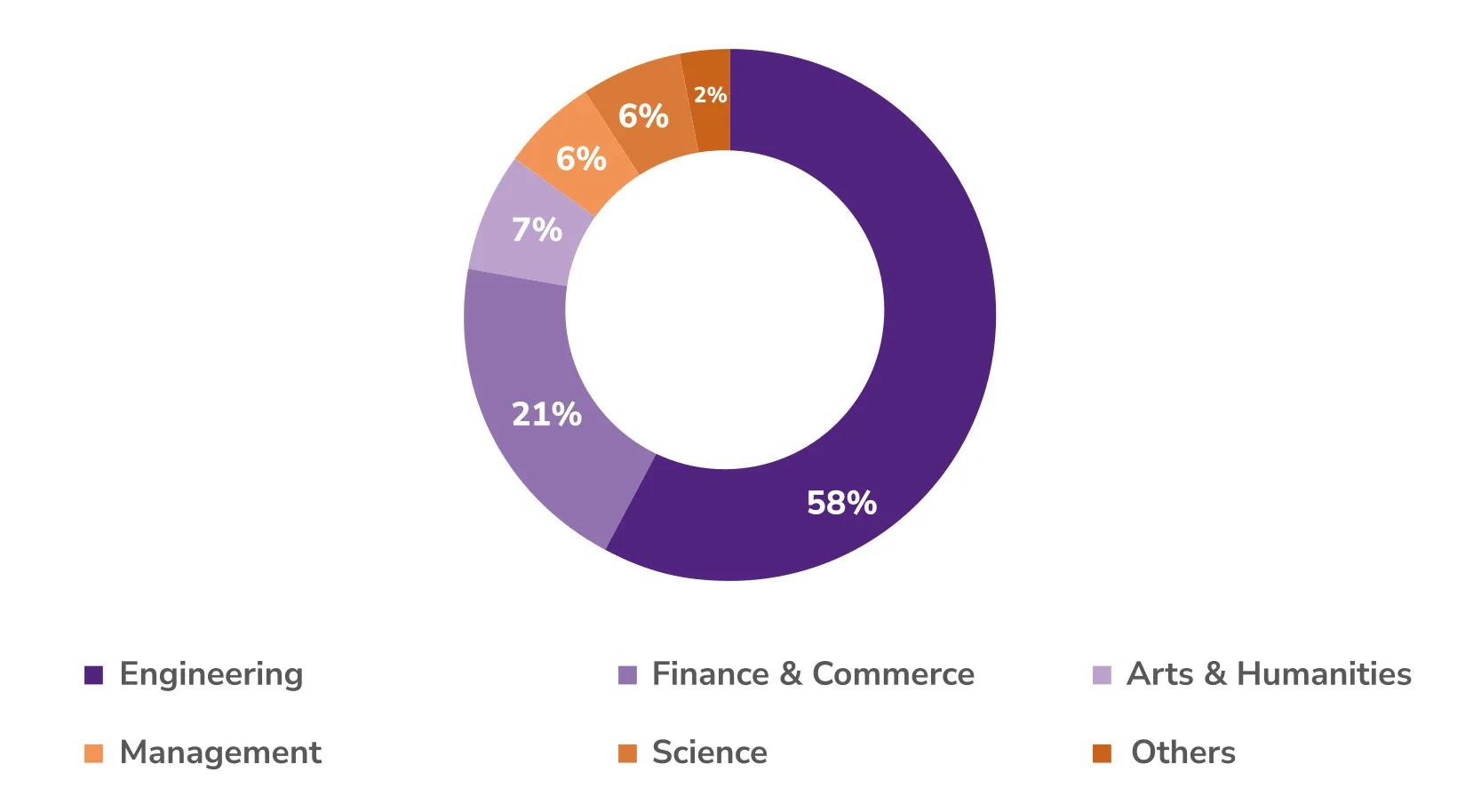
Education
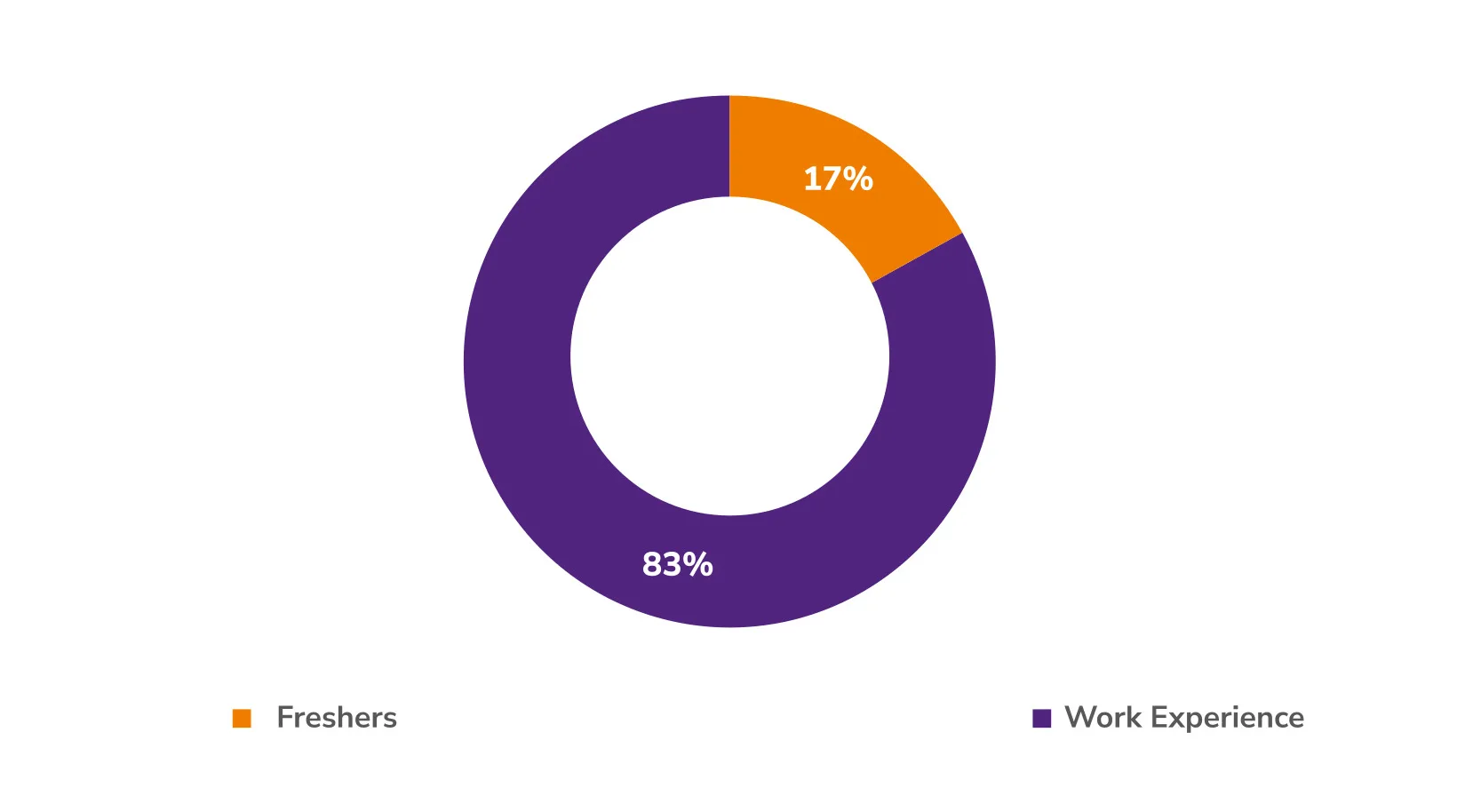
Work Experience
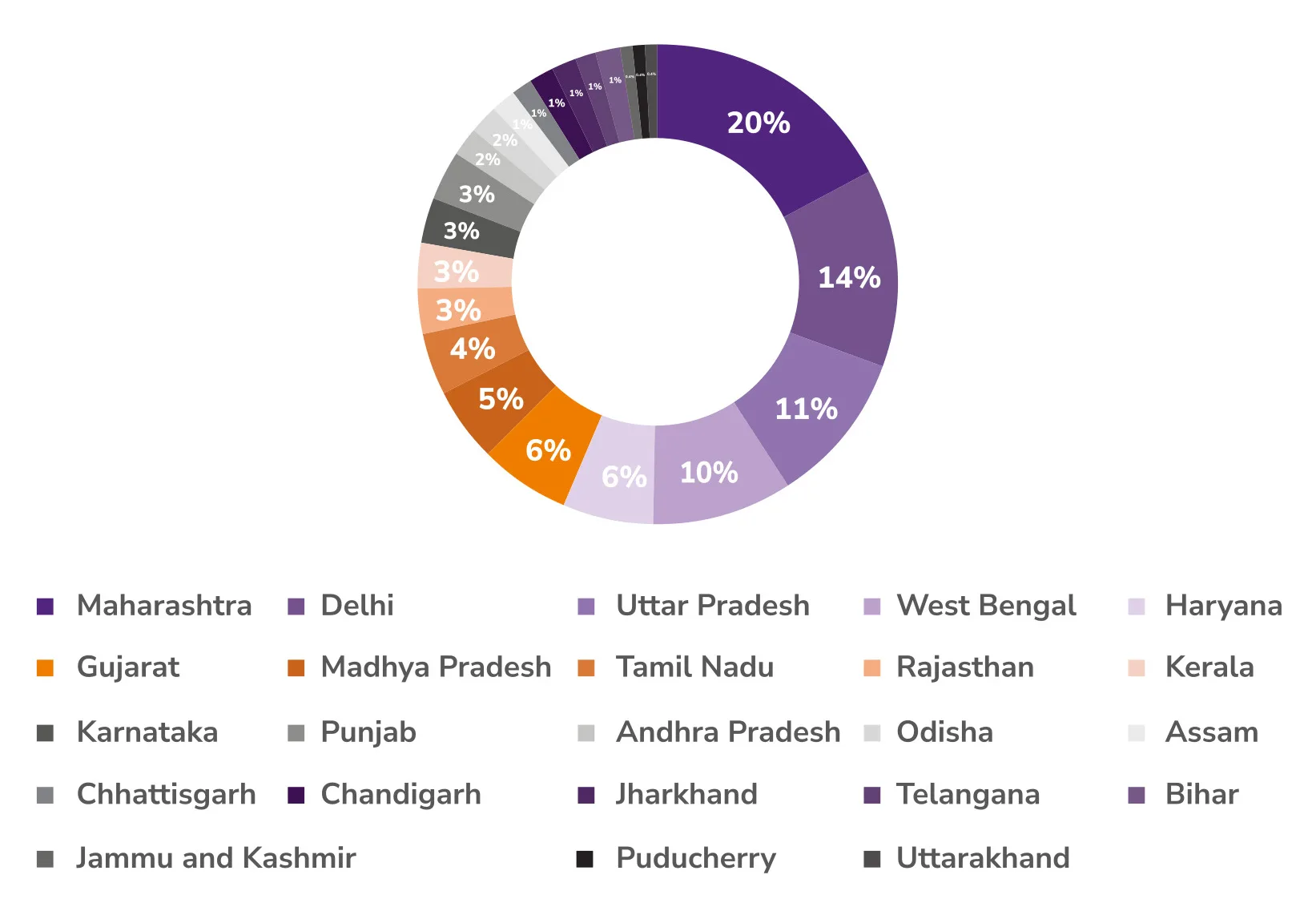
Geographical Diversity
Industry connect
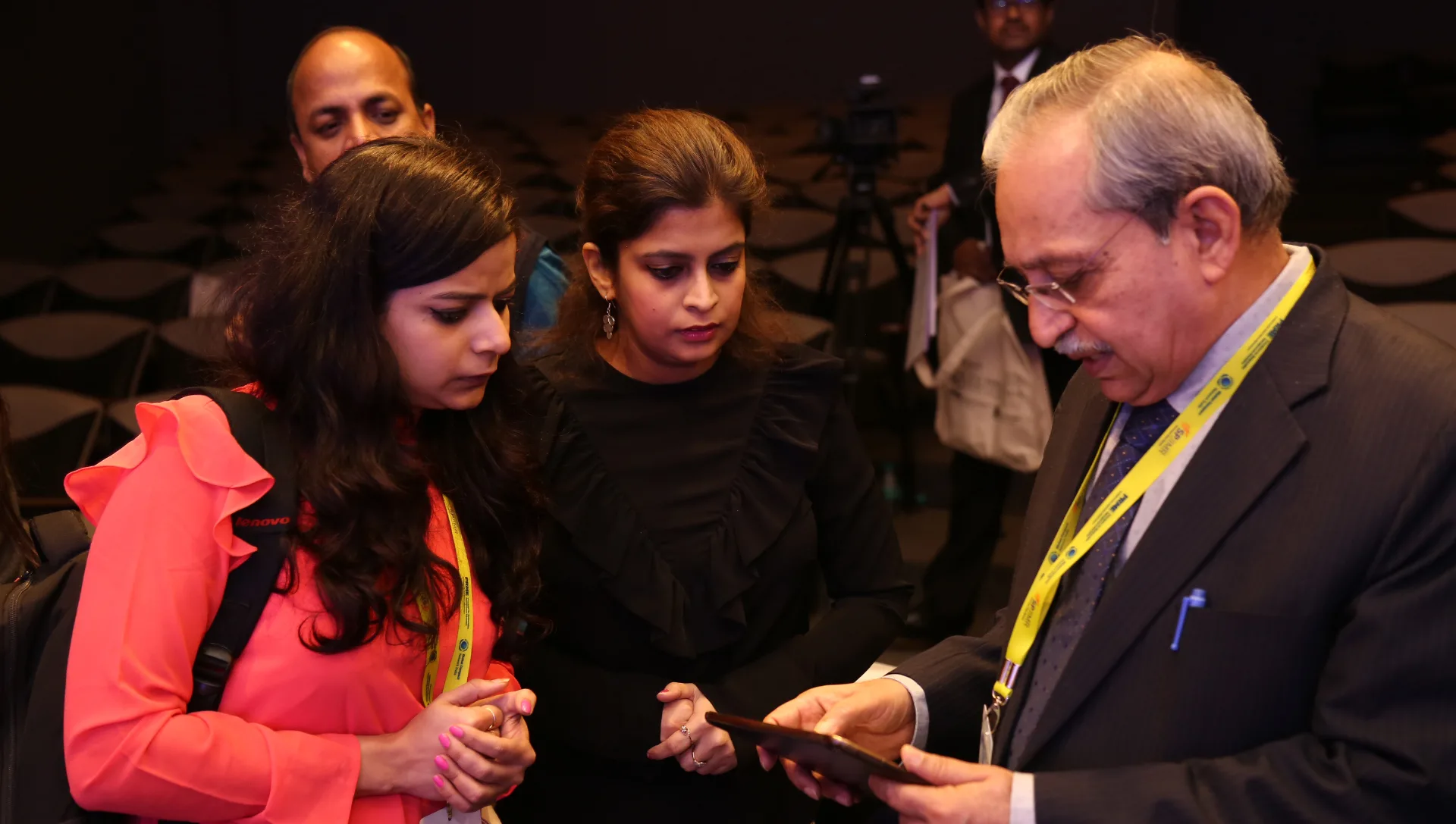
The programme offers exceptional opportunities to enable its participants to excel professionally. Participants are given an opportunity to interact with business leaders through guest lectures, which are an integral part of every course, live projects, and curated industry immersion modules offered by various centres of practice.
Our student clubs collaborate with accomplished alumni to organise interaction sessions and workshops across diverse domains, including consulting, sales and marketing, product management, supply chain management, and design & innovation.
SPJIMR Career Services helps participants develop professional capabilities, define their goals, and present themselves to the industry. International Immersion facilitates experiential learning at leading global B-schools and gives exposure to the working of multinational organisations. These immersive industry integration opportunities in India and abroad enable students to interact and learn from industry experts and global thought leaders.
Student experiences
Located in Mumbai, the country’s commercial and cultural hub, SPJIMR provides an immersive and dynamic learning experience. The campus with its vibrant community from diverse backgrounds helps the participants to belong easily and forge strong lifelong connections. A variety of opportunities like yoga, adventure amidst nature, sports, and cultural activities help the holistic development of the participants. These videos present interesting perspectives of PGDM participants’ SPJIMR experience.
Enquire Now
Phone Number
*** Please call between 9:00 am - 5:00 pm, Monday to Friday
Write to us
Download Brochure
Enquire Now
Enquire Now
- post-graduate-diploma-in-management-pgdm


